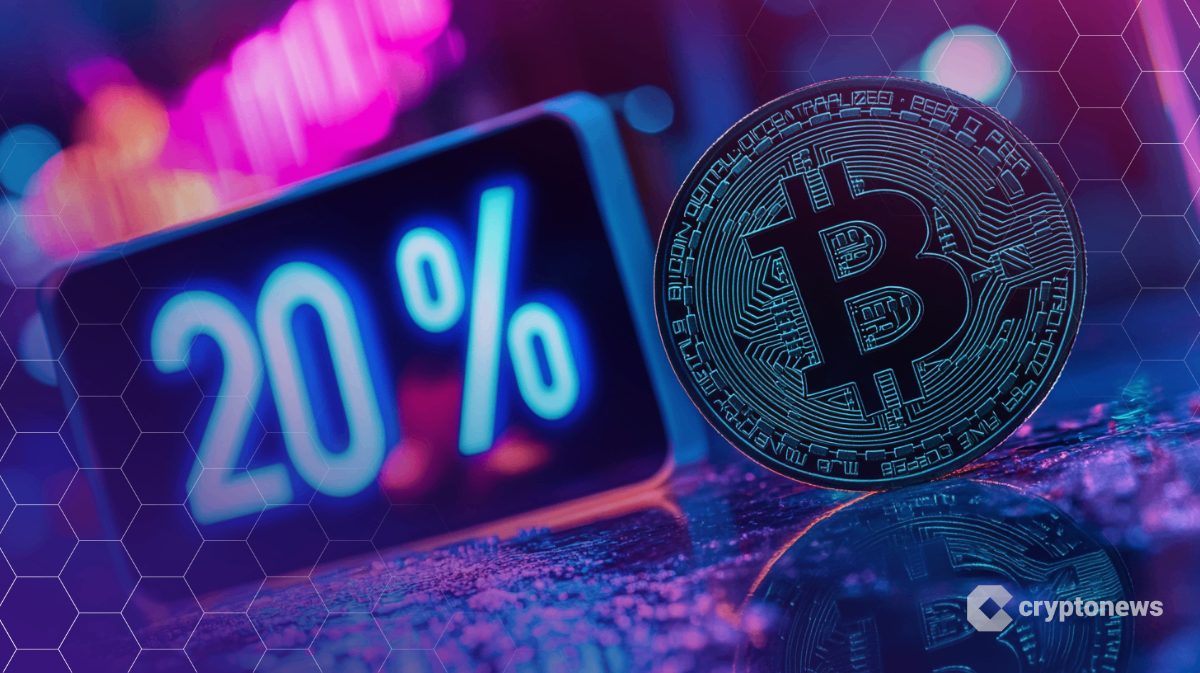U.S. Treasury considers equity stake in Intel to boost domestic chip production
U.S. Treasury Secretary Scott Bessent said on August 19 that U.S. government investments in Intel would be used to stabilize the company. He added that the investment would eventually increase domestic chip production.
Bessent claimed that the U.S. government was not interested in drumming up business to profit from its investment in Intel. He also stressed that no company would be forced to buy chips from the chipmaker. Bessent confirmed that there were no discussions of forcing companies to buy from Intel. However, he mentioned that the reliance on TSMC had raised concerns about national security. The U.S. Treasury Secretary called this national security issue a single point of failure.
Cryptopolitan reported on August 18 that Intel was one of the biggest beneficiaries of the Chips and Science Act, securing approximately $10.9B in government grants. A spokesperson for Intel claimed that the company looked forward to working with the Trump administration to advance shared goals.
Bessent hints that the government grant could be converted to equity
The U.S. Treasury Secretary claimed the government grant to Intel could be converted into equity. However, Kush Desai, a White House spokesperson, said last week that talks about hypothetical deals should be treated as speculation unless there was official communication from the administration. Bessent did not disclose details about the size of the U.S. stake in Intel or when the Trump administration would take action on this initiative.
The Head of Technology Research at D.A. Davidson, Gil Luria, also led analysts in opposing the government’s ownership of equity in private companies. However, the research analyst noted the circumstances surrounding Intel’s case left little choice.
Direct government involvement was particularly essential in this case due to the national security problem. Recent market data showing a 7% increase in Intel’s stock price was reportedly cited as evidence that the government’s involvement could boost the chipmaker’s future performance. Cryptopolitan earlier reported that the company’s stock jumped 8% following news that the Trump administration was interested in buying a stake in Intel.
Commerce Secretary Howard Lutnick also said the U.S. government wanted a stake in Intel in exchange for the grant support. He pointed out that the Biden administration gave away grants with no returns, but Trump aimed to change that.
Trump stressed that the country should benefit from the bargain for giving away large sums of money to a company worth over $100 billion. He believes the government should earn some type of return on investment when giving out grants to large tech firms. However, Lutnick pointed out that shifting chip manufacturing to the U.S. was more crucial to the country’s economy and security.
Trump pushes to revive chipmaking in the U.S.
President Trump has touted major investment plans for Apple, Nvidia, and TSMC to expand their U.S. operations. He said he would push to revive chip manufacturing in the U.S., adding that this would cement the country as a tech leader. However, most big tech companies had reportedly invested in expanding their U.S. operations before Trump’s second term.
Chipmakers AMD and Nvidia also promised to pay the U.S. government 15% of their chip sales in China to get export licenses in exchange. The government’s stake in Intel is a model for other investments made by the Trump administration. However, Lutnick pointed out that such investments would not give the government any governance or voting rights. The Commerce Secretary explained that these government investments only converted grants from the Biden administration to equity under the Trump administration.
Lutnick also believes Trump should try to seek similar deals with other major chipmakers or recipients. The president recently called for more reshoring of U.S. chip manufacturing to reduce reliance on foreign companies like Samsung and TSMC.
The smartest crypto minds already read our newsletter. Want in? Join them.
You May Also Like

Japan Moves to Greenlight Bitcoin ETFs—Crypto Gains Taxed at Flat 20% Rate

Arbitrum submits proposal to build Ronin L2 as an Orbit chain
